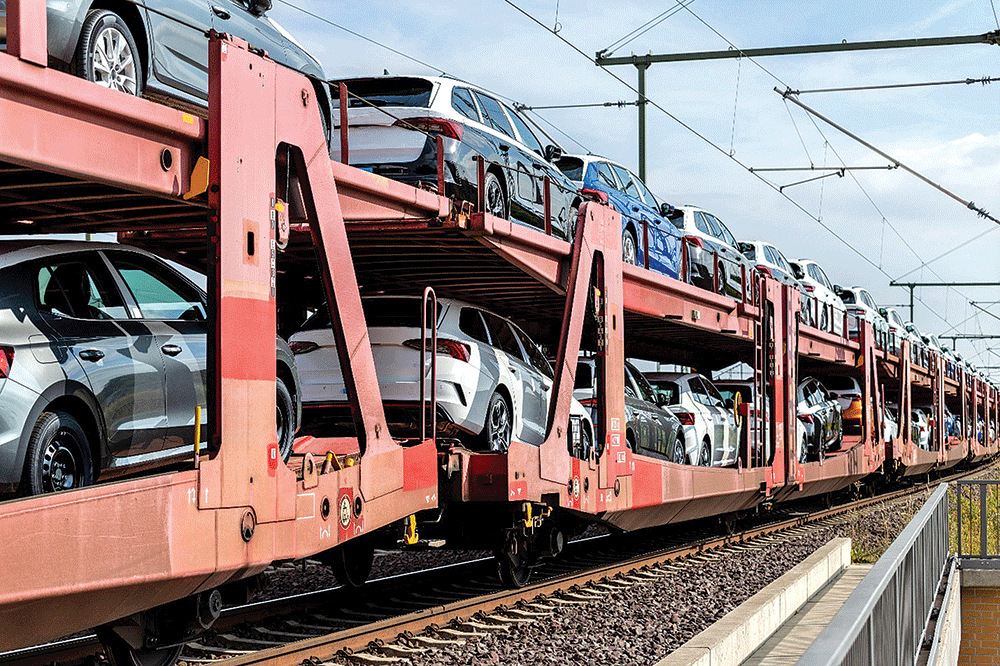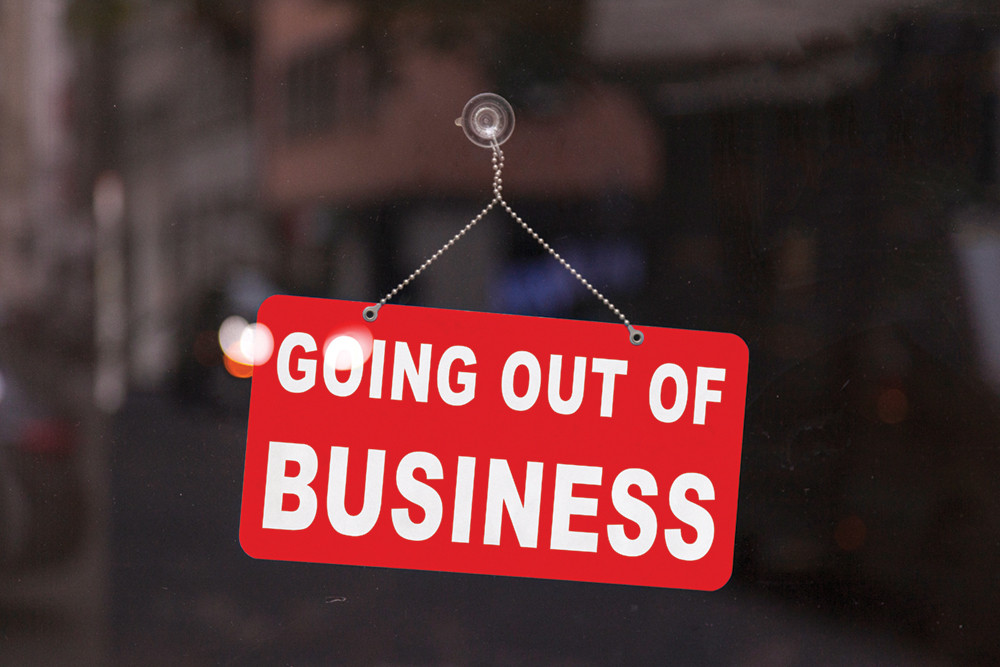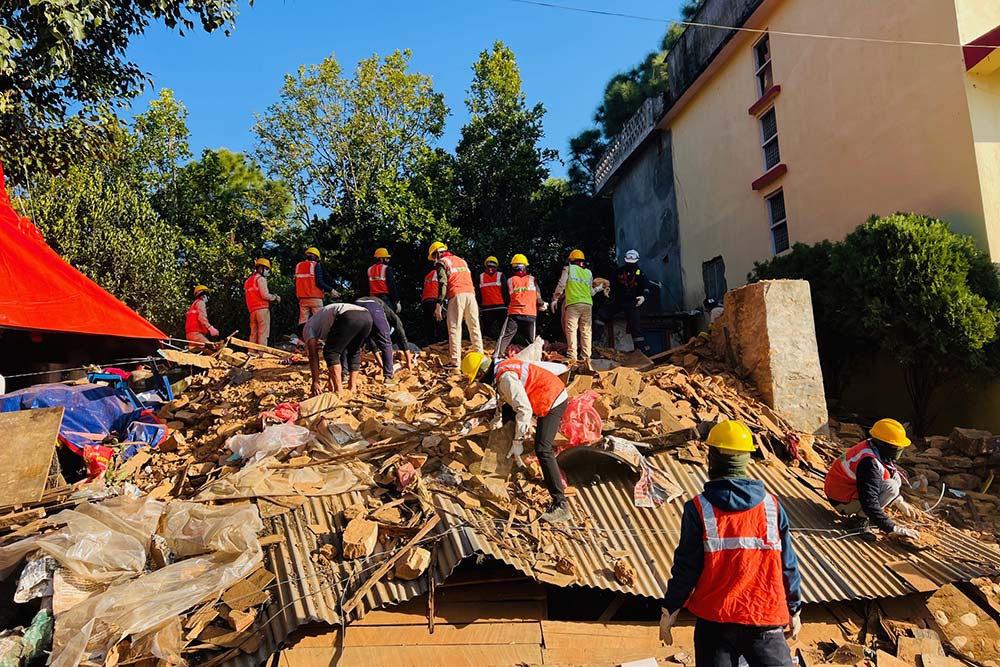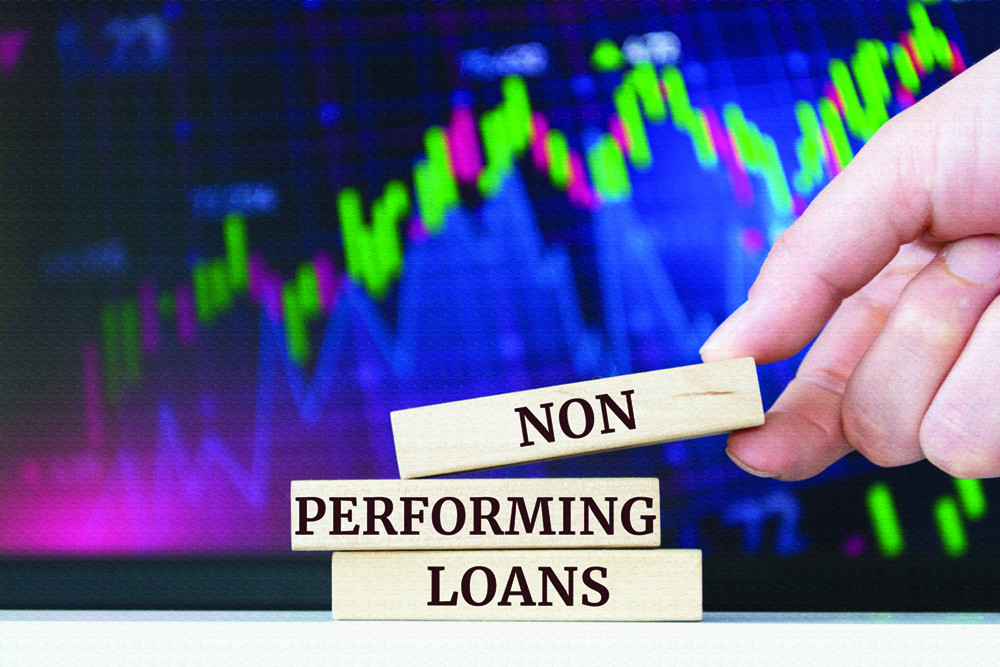
Import of vehicles and auto parts which had stagnated in the last two fiscal years witnessed a steep decline since the beginning of the ongoing fiscal 2022/23. Nepal’s automobile business is fully reliant on imports which has declined by almost 50% in the first month of the ongoing fiscal with imports of vehicles and parts standing at Rs 5.91 billion in the first month (mid-July to mid-August) against Rs 11.81 billion of the corresponding period in the previous fiscal year.
The sharp decline in vehicle import is attributed to the government’s multiple measures including upward review of tax rate, import ban on certain segments, elevation of credit rates by raising risk weightage of credit mobilisation and provision of a cent per cent margin to open L/Cs from the second half of last fiscal 2021/22.
Imports of vehicle and auto parts hovered at Rs 123.91 billion in fiscal 2021/22 and Rs 123.69 billion in 2020/21. Considering global commodity price rise in fiscal 2021/22, actual import of vehicles and auto parts has gone down as the import bill in last two fiscal years remain almost constant. Simply put, government policies have largely discouraged the imports of vehicles in the country.
Though the government has been reiterating that aforesaid measures are temporary to ease the strains on the country’s foreign exchange reserves, it is still unclear when these measures will be lifted. It is also probable that the government and Nepal Rastra Bank - central regulatory and monetary authority - could continue with these measures in light of the ongoing strain on forex reserves due to ballooning imports against crawling exports, as per sources.
Vehicles and auto parts are the third largest import of the country at almost 7%. It is also a segment that contributes significantly to government revenue as highest tax rates are slapped on automobiles up to 250% defining it as a luxury commodity.
Backlash
Prior to the Dashain festival, automobile dealers through their umbrella organisation, Nepal Automobile Dealers Association of Nepal (NADA) annually organise an Expo. However, due to the ban on import of jeeps and cars, this year they will organise NADA EV Expo 2022 from September 22 to 25. This comes at a time when the government through its fiscal budget has even discouraged the import of electric vehicles (EVs) through upward revision of tax excluding on EVs up to 100 kilowatts. The government has slapped 30%, 45% and 60% excise duty on electric vehicles of 100-200 kw; 200-300 kw and 300+kw, respectively. The government has banned the import of ten items that used to be imported under 92 types of harmonised code from April 26 by issuing a gazette notice that includes the import of jeeps, cars, vans and SUVs (except ambulances and hearses) and motorcycles of 250cc capacity and above. There is public backlash against the import ban. According to Surendra Man Pradhan, Association Secretary of NADA, the government must acknowledge that the country’s automobile business has been providing direct employment opportunities to at least a lakh people and nearly one million are indirect beneficiaries of this sector along with significant contribution to the government revenue. Dhruba Thapa, President of NADA, urges the government to gradually remove the ban on imports of vehicle to ensure revenue mobilisation and to lubricate economic activities in the country.EV Market
There are also growing concerns from the auto industry about the inconsistency of government policies. The government aspires to change the orientation of automobile business in the country taking the dive towards clean transport. However, infrastructure to support this change is lacking, such as charging stations, adequate policies, etc. In some countries, there are facilities of battery exchange at charging stations rather than waiting for hours to get your battery charged. More convenient would be battery exchange at charging points, according to EV traders. Automobiles and fuel are the largest imports of Nepal. With the strain on forex reserves, the government has decided to promote electric vehicles, which is considered to reduce import of petroleum products, minimise emission, and minimise petrol and diesel engine vehicles to help Nepal’s aspiration to achieve net zero target by 2045. Globally, the number of EVs is increasing with a commitment to ‘Going Green’. There is, however another debate about Lithium-ion battery in EVs as Lithium is considered a rare commodity and concerns are widespread regarding the disposal of batteries. Nepal imported vehicles and auto parts worth Rs 5.91 billion in the first month (mid-July to mid-August) of the current fiscal 2022/23 of which there are 211 EVs worth Rs 621.68 million imported, according to the Department of Customs. Karan Chaudhary, Executive Director, CG MotoCorp, “Electric vehicles are expensive and we still lack adequate infrastructure like charging stations and reliable supply of the electricity. Also, we cannot imagine the use of electric vehicles in the remote parts of the country without electrification.” EV market share in the country is still insignificant, however policy makers and experts project that Nepal’s future will be similar to the exponential growth of EVs in Norway which miraculously increased its share of electric vehicles to 86% in 2021 from 0.1% of 2009. Surhid Ghimire, President of Continental Trading Enterprises said that the government’s decision of slapping high excise duty and high taxes on spare parts and EVs discourage imports. People are also reluctant to avail auto loans from banks and financial institutions (BFIs) due to skyrocketing interest rates.EV Production in Nepal
Nepal has a history of five and half decades of official trading of automobiles, India and South Korea share a similar timeline. Over this period, many countries including South Korea and India have transformed into automobile manufacturing hubs with neighbouring India now also producing globally recognised automobile brands. Nepal is considered to be a pioneer in electric vehicle use in South Asia with its trolley bus service, the first electric bus in South Asia. “But we could not sustain it due to lack of proper policies and consistency of the policies,” said Suraj Vaidya, President of Vaidya Organisation of Industries and Trading Houses (VOITH). Nepal lags behind due to lack of vision of the government and poor policies. The government has defined automobiles as luxury goods and treats it as a high revenue generating commodity. Former Prime Minister Dr Baburam Bhattarai then decided to use a Nepal-made car. He did use a Nepal made car which was his way of signalling priority to domestic production and assembling, but he failed to frame any policy that would help map the way forward. Though Sipradi Trading, the authorised dealers of vehicles produced by Tata in India, had announced long back production of four wheelers in partnership with Tata group of India, nothing has materialised till date. One encouraging development however gathering pace to produce EVs in Nepal is the commitment coming through Foreign Direct Investment (FDI) firms. It is reported that there are preparations for signing PIA (project implementation agreement) between the Investment Board Nepal and South Korean company Motrex to produce/assemble EVs in Nepal. Besides, entrepreneurs are seeking favourable policies and incentives for the production of spare parts and tyres, tubes and lubricants citing the country has a high potential for these. Nepal imports tyres worth more than Rs eight billion every year. The country’s sole tyre-producing industry, Gorakhkali remains dormant. Similarly, the market share of domestically produced lubricants is just less than 35%. Auto industry entrepreneurs continue to lay emphasis on generating FDI into the automobile sector to produce spare parts with vertical integration or value chain integration of automobile plants of India, China and other countries. If Nepal genuinely aspires to, she can supply round-the-clock reliable electricity to manufacturing plants. Easy and efficient mobility and access to automobiles is considered an indicator of a country’s social and economic progress. Nepal must create impactful and well-researched policies that help the auto industry grow while ensuring that mobility of the masses is taken into special account. READ ALSO:
Published Date: September 30, 2022, 12:00 am
Post Comment
E-Magazine
RELATED Feature





